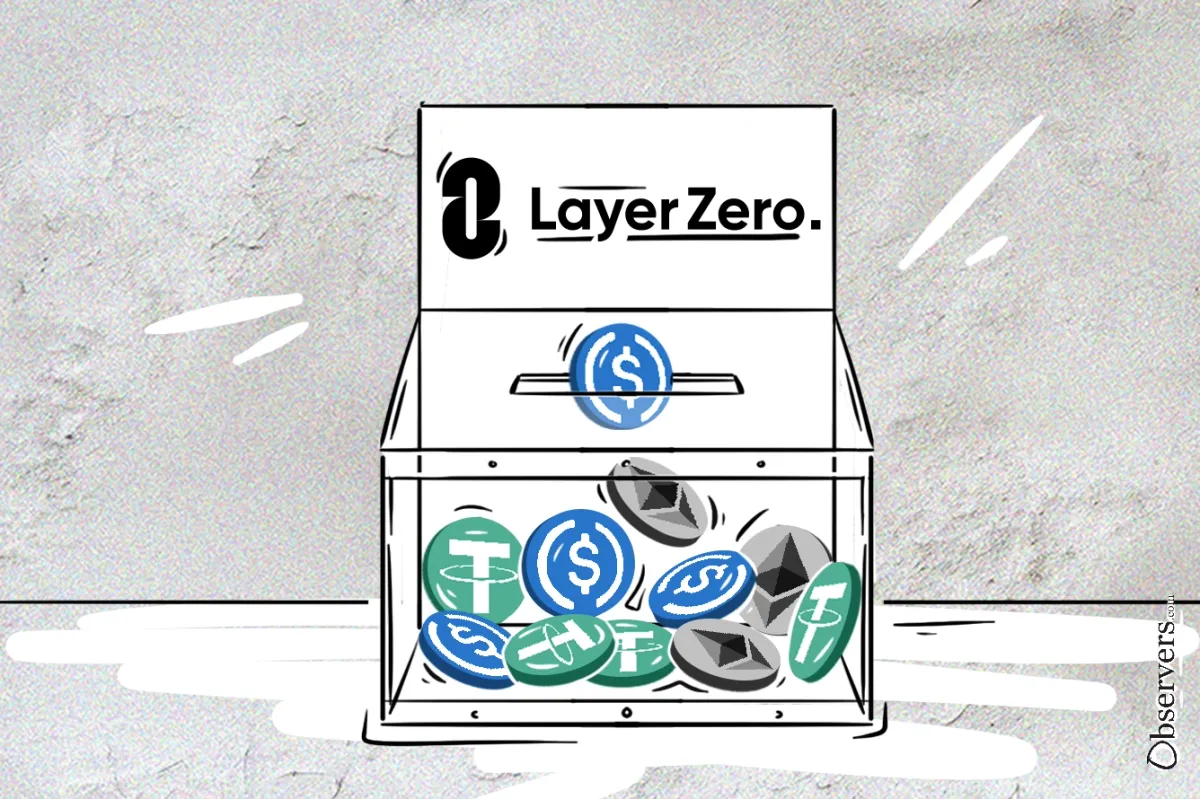
Omnichain interoperability protocol LayerZero Labs launched its native token, ZRO, on June 20 through an unconventional claiming mechanism called "Proof-of-Donation" (POD). The distribution sparked both praise and criticism within the crypto community, even leading to a dispute on the blockchain-based prediction market Polymarket.
LayerZero's "not-airdrop" targeted early adopters who had interacted with the protocol before the snapshot taken on May 1, 2024. Unlike traditional airdrops, where tokens are freely distributed, participants are required to donate $0.10 per ZRO token to Protocol Guild, a collective funding Ethereum's core members. The LayerZero Foundation said it expects around $18.5 million in donations and said it will match all donations up to $10 million.

While supporters praised the initiative's philanthropic intent, others argued that it strayed from the core purpose of airdrops. Critics flooded LayerZero Foundation's X account, insisting airdrops should reward early adopters and encourage network participation without imposing additional costs. Some even labeled the POD requirement a "commission" or "tax," suggesting it placed an unfair burden on participants.
"There is no forced donation, if you don't want to donate... simply don't claim," LayerZero's co-founder Bryan Pellegrino said on X.
There is no forced donation, if you don't want to donate... simply don't claim. This is not something you own, it's something being offered.
— Bryan Pellegrino (臭企鹅) (@PrimordialAA) June 20, 2024
LayerZero's unusual airdrop ignited debate on Polymarket. Bettors had wagered $680,000 on whether the project would launch a standard airdrop by June 30, 2024. The new model left many unsure of how to interpret the bet. Some said LayerZero's approach still distributed tokens to the community, meeting the basic definition of a "traditional airdrop." In contrast, others saw the required donation as changing the airdrop into a fundraiser, no longer rewarding early adopters as intended.
This disagreement split Polymarket users, with no clear consensus on whether to mark the bet as successful or not. To resolve the deadlock, Polymarket turned to its partner UMA, a decentralized oracle service. UMA's "decentralized truth machine" will be holding a vote to determine whether LayerZero's action constituted an airdrop as per the bet's terms.
In its initial announcement, LayerZero had explicitly stated that the ZRO launch was not an airdrop, arguing that traditional airdrops fail to achieve equitable distribution, foster genuine community engagement, and promote long-term protocol health.
As LayerZero has approached [the Token Generation Event], the term "airdrop" has not been used regarding ZRO distribution for a specific reason: this is not an airdrop.
According to CoinGecko data, ZRO is currently trading for $2.71, down 40% since the ZRO drop. Dune analytics shows that 72% of the 85 million tokens have been claimed, resulting in over $12 million in total donations so far—$6 million from users, matched by LayerZero. That is a significant boost to a project which had collected under $60 million since its launch in 2022.
As the claim period continues until September 30, we will be watching closely to see how this unconventional approach unfolds and whether it might influence future token distributions across the ecosystem.

